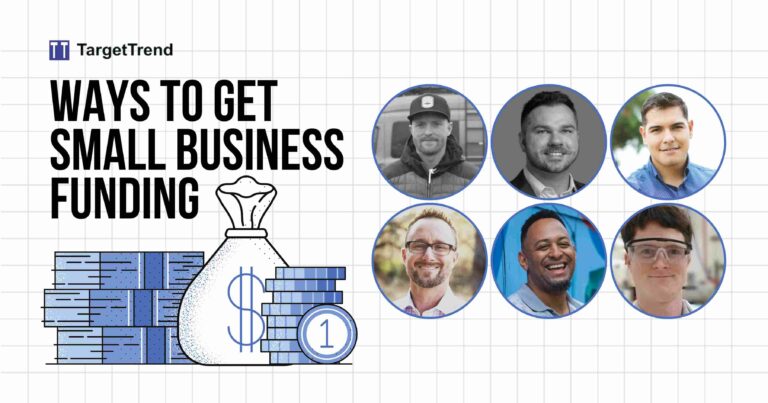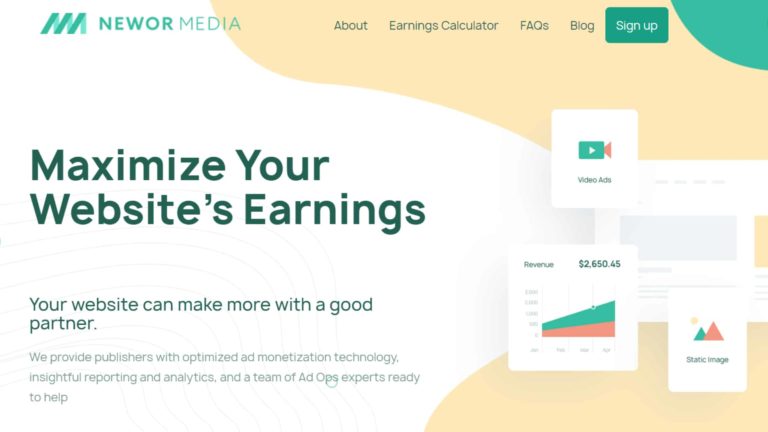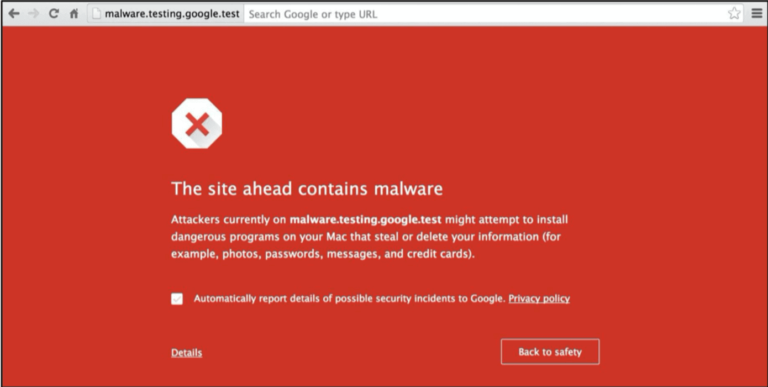Experts Reveal 8 Ways to Get Small Business Funding

What is one reliable way to get small business funding?
To help you raise capital for your company, we asked CEOs, founders, and other experts in the funding space this question for their best recommendations. From taking advantage of crowdfunding to trying out small business innovation research (SBIR), there are several strategic insights that may help you source funds for your business consistently and safely.
Here are eight ways to find reliable funding for your small business:
- Spread Awareness on a Crowdfunding Platform
- Apply for an SBA Loan
- Look for Small Business Grants
- Cultivate a Strong Referral Network
- Bootstrap Your Company
- Pitch to Close Associates
- Take Out a Personal Bank Loan
- Get Undiluted Funds and Instant Customers From SBIR
Spread Awareness on a Crowdfunding Platform
Crowdfunding is one of the most reliable ways for a small business to get funding. For innovative, unique startups, crowdfunding is a win-win in that customers will not only be able to learn about the business but get in on it on the ground floor.
Reputation starts growing from day one and other accompanying perks, like constructive feedback and word of mouth to other investors, are inherent to the public nature of crowdfunding.
– Kevin Callahan, Co-Founder & CEO, Flatline Van Co.
Apply for an SBA Loan
If you cannot consult with your family or friends for a small loan for your business, then you can apply for an SBA loan. These loans have a low-interest rate and are administered by the Federal government. They are safe and can easily get approval if you have a unique business idea and a proper business plan. If you meet their requirements, you can easily get the desired loan.
You can also go for SBA microloans if you have a really small-scale business. They issue these loans from non-profit community money lenders that set their own terms, conditions, requirements, and interest rate.
This is one of the quickest ways to get a loan for your small business. Even though the Federal government will be there to back up the exchange, they have no say in the terms, conditions, and the interest rate the lender sets.
Also, most SBA loans have a long-term repayment period. This way, you can flourish your business with the money, so you can pay the loan back.
– Shaun Connell, Founder, WritingTips.org
Look for Small Business Grants
The best, most reliable way to get small business funding is through small business grants. You can get those from federal and state agencies, as well as private corporations.
The best thing about these grants is that you don’t need to give them back! I know that for starting or growing a small business, every little bit helps. And I also know that there are many people out there who are hesitant to apply for grants because they think the process is too complicated or they’ll never get approved. But I’m here to tell you it’s definitely worth applying for small business grants!
There are so many benefits to getting a small business grant. For one, it can help you get your business off the ground or take it to the next level. It can also help you with things like marketing, research, and employee training.
If you’re interested in applying for small business grants, I suggest you start by doing some research online.
– Benjamin Basic, Content Writer, Fast Food Menu Prices
Cultivate a Strong Referral Network
I have a friend at a venture capital firm who says they haven’t been able to invest in a small business cold lead in the last four decades. It is like a dirty little secret of the business. That is, nearly all of their feasible startup/SMB deals come to them from people they already know.
He argued that very few fundable SMB ideas arrive cold. The thinking is, if you don’t know anyone who can refer you to them, chances are you are too disconnected from the industry for them to believe you’re qualified to start a business they would back.
So, prior to approaching your desired funders, you’ll want to know people who know them. It is them you need to impress more.
– Jon Torres, CEO, Jon Torres
Bootstrap Your Company
Self-funding your business through a combination of savings, borrowed, or invested funds and sales is a difficult but reliable way to launch a business.
Because self-funded businesses don’t rely on bank loans or investors, there is less dilution of ownership and fewer high-interest payment deadlines. On the other hand, bootstrapping businesses does require more careful budgeting and planning, as the funding is usually much tighter for these types of launches.
Brian Munce, Managing Director, Gestalt Brand Lab
Pitch to Close Associates
The founder or founders of a business can undoubtedly benefit from funding to take their business ahead.
An excellent way they can do this is by tapping into their network and leveraging their immediate connections. Through word-of-mouth or trusty referrals, they are more likely to find a few people who are genuinely interested, rather than a large number who may or may not invest.
Once they have reached the right people, they can take it ahead with an effective pitch.
– Asma Hafejee, Senior Marketing Executive, CMR Surgical
Take Out a Personal Bank Loan
If this is your first time setting up a business and you want to start a small one, the easiest and most reliable way is to get a personal loan.
Now, this would entail you having a good credit score in order for you to request a higher amount, so make sure that you have maintained and improved your score. It would be better if you have assets already under your name so they could act as collaterals.
Though this is a personal loan, you can show that the purpose is to start a business so you could request a lower interest. The good thing about bank loans is that they have better loan management and more stable interest rates, so it protects your loan amount from inflation and economic downturns.
– Jeff Moore, CEO, Everyday Power
Get Undiluted Funds and Instant Customers from SBIR
There are thousands of opportunities for small businesses to launch or expand, too many to sort through them all! It’s important to identify which to focus on so you don’t spread yourself too thin or feel overwhelmed.
You can pursue investors, bankers, or grants, but only one of these will be right for your business. Investors want high-growth software. Bankers want traditional businesses. Crowdfunding is useful for consumer products.
If you have an idea that is unique and useful for society, a grant may be right for you. The Small Business Innovation Research (SBIR) program is a U.S. government funding program that supports new and small businesses to conduct research and development.
Similar to investors, you must submit a business plan, but you do not have to sell part of your company. The best part is that you will have a customer right away when the grant ends because you built something the government already expressed interest in purchasing.
– Robert Futch, CTO, Delta Development Team





